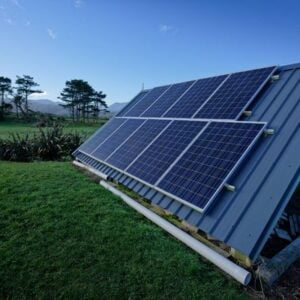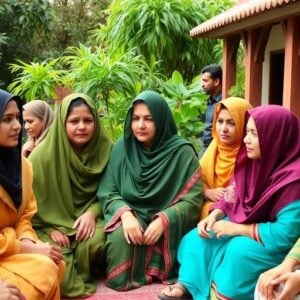The African Development Bank Group has approved a €19.6 million financing package to support the Cabeólica Phase II Expansion Project in Cabo Verde. This initiative represents the country’s first large-scale renewable energy project that combines wind power generation with battery energy storage systems (BESS), marking a significant step toward energy transformation and sustainability.
The financing package includes a €12.6 million loan from the African Development Bank and €7 million in concessional funding from the Sustainable Energy Fund for Africa (SEFA), which is managed by the Bank. This support will build on the achievements of the original Cabeólica project, launched in 2012, by adding 13.5 megawatts of new wind generation capacity and 26 megawatt-hours of battery storage. The expansion is expected to generate over 60 gigawatt-hours of clean energy annually, cutting down costly thermal energy use and reducing carbon dioxide emissions by approximately 50,000 tonnes per year.
The Cabeólica Phase II project is designed to improve power system resilience and sustainability in Cabo Verde, a small island nation with a high dependence on imported fossil fuels. It will feature five installations across four islands: a wind expansion on Santiago and battery storage deployments on Santiago, Sal, Boa Vista, and São Vicente. The battery storage systems will provide essential grid services such as frequency response and voltage regulation, enhancing the efficiency and reliability of renewable energy integration.
Cabeólica S.A., the project developer, is the first independent power producer (IPP) in Cabo Verde. It is jointly owned by Africa Finance Corporation, A.P. Moller Capital, and Cabo Verdean public entities. The project will operate under a 20-year power purchase and storage services agreement with the national utility, Electra S.A., at tariffs lower than the current national average, delivering both environmental and economic benefits.
This expansion project supports Cabo Verde’s national targets to produce 50% of its electricity from renewable sources by 2030 and to fulfill its climate commitments under the Paris Agreement. It also aligns with broader strategic priorities, including the African Development Bank’s ‘Light Up and Power Africa’ High-5, its Ten-Year Strategy, and SEFA’s Green Baseload pillar, all of which aim to promote clean, sustainable, and inclusive energy development across Africa.





